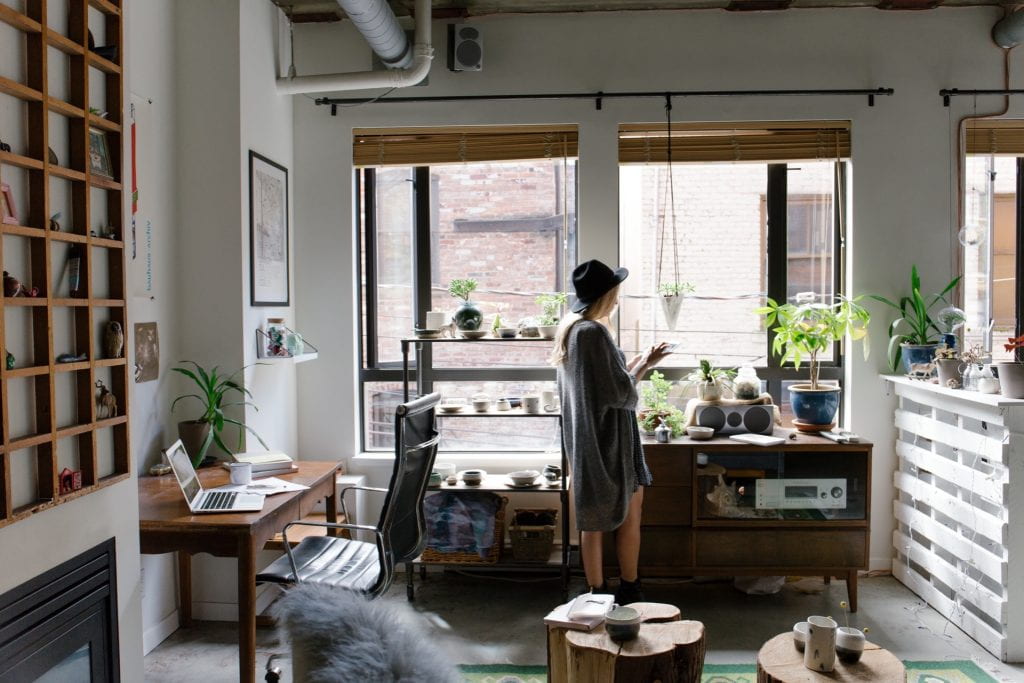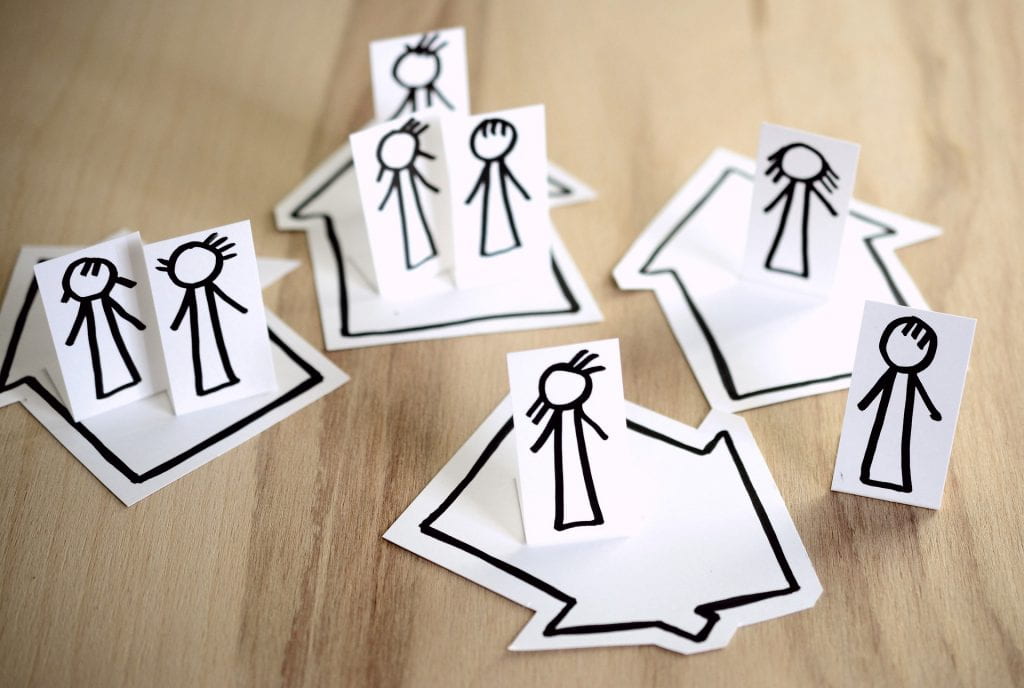Where is my office? Reflections on a discussion hosted by Herman Miller with Chris Kane, author and ex-head of estates at the BBC and Walt Disney.

Businesses large and small are changing fundamentally and quickly with the Coronavirus pandemic. So are the traditional ways that people can work and study together. But the static environment of the workplace and how we typically function, our approach and our attitudes have not completely responded to these momentous changes.
What with the consequences of the Covid19 era, what does this mean for the workplace? This was the theme from Chris Kane.

He did not suggest that the workplace is obsolete, nor will we see the death of the office just yet, as we will always have a requirement for a space to work, but is our obsession with one physical place invulnerable? Particularly as dispersed working is undoubtedly here to stay. We have all acquired new perceptions on how we can work, where and when we have to work. The move from ‘Fixed to Fluid’ is a paradigm change which will render our existing system obsolete.
This discussion is equally relevant for higher education and will impact greatly on our student population now and in their uncertain futures. This has to be an opportunity for changes to the university estate, resolving issues of learning and teaching in unsuitable spaces, student density and overcrowding, catering for diversity and inclusion. Maybe a complete rethinking of teaching delivery, if the pandemic has taught us anything, it is how effective digital tools can be for greater accessibility, collaboration and even flipped learning. Consider expensive lecture theatres being replaced into socially distanced study areas? Hopefully in the near future.

For those of us involved in the development of learning spaces and workplaces for staff we have a key challenge, the role of ‘place’ is lessening, the habitual fixed location of working has been challenged, so we need to be reflective, and ask ourselves ‘Where is my office?’
For our students and ourselves, the ability to collaborate is key and a fundamental requirement for success now and in the future. Perhaps we reframe the office as a social environment and an activity-based workspace? We must exercise choice, as it suits our work-life balance and caters for individual needs. Why do we spend so much time and money commuting to sit behind a computer screen? Or studying, marking or researching? Managers take note.
The traditional adversarial conflicts seen in construction and Estates such as between Design v Operation and the Physical v Digital is not sustainable and does not suit the rapid pace of change, we are witnessing. So, what is the blended solution to emerge from this pandemic? –This resonates with the idea of Inclusive Synchronous Learning derived from a hybrid model of learning and teaching [more on this in a future post]
Chris posed an intriguing question, ‘Is the individual the new workplace?’

With all the importance given to our physical well-being this should go further and include our psychological and mental health, to remain as a key objective for employers. We have the opportunity to work in different settings, this is part of inclusivity, a chance for opening up social mobility, such as parents who need to manage working and caring, it also opens up opportunities for international talent and wider collaboration.

This pandemic gives us a rare opportunity to stand back, assess where we are and consider how we move on, changing the emphasis of the workplace from the benefit to the shareholder to how does it benefit the stakeholder, i.e., you and me. Over the last months of the Covid19 virus, we have discovered that working from home is good for focused work, but most of us need social interaction as humans for collaboration.
Some of the delegate comments in the chat were lively, pertinent and challenging.
“The worker from tomorrow does not want the companies’ processes from today. And tomorrow is now. Change is the order of the day. Change is now disruptive.”
“Our thought process is you can work from anywhere but if you make the office a destination again it draws teams and cultures back together. People want the flexibility of being able to work from where works best for them.”
“The ‘office’ has been changing since its ‘start’. This time around it might be unforeseen and more extreme but we can still embrace it.”
“We need to re-humanise our approach to work and life in general. “

